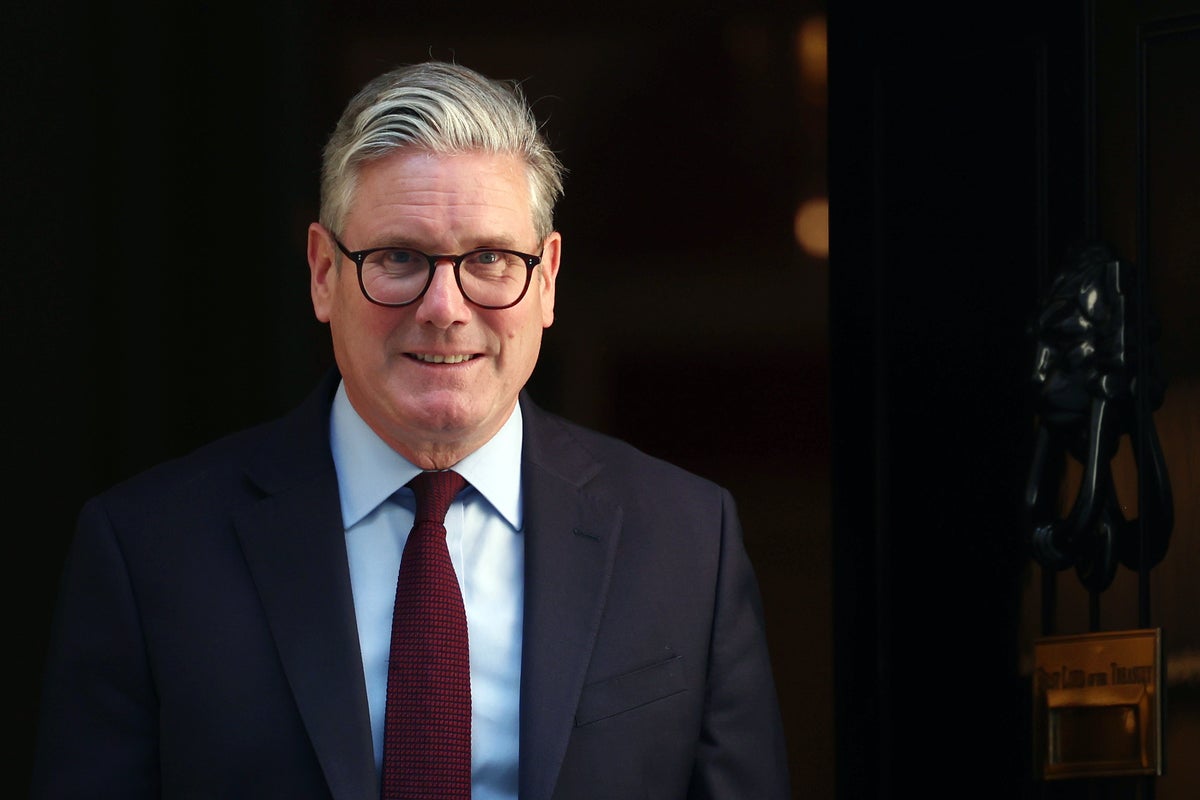Labor is moving to counter fears about a $2.3 billion hit to taxpayers from new rules on retirement funds after Opposition Leader Peter Dutton branded the plan an “inheritance tax” and sparked government concerns about a last-minute scare to swing the election. Prime Minister Anthony Albanese declared the changes would only impact 0.
5 per cent of the nation’s superannuation accounts despite the claims about sweeping tax changes, as he urged Australians to vote for “certainty” during uncertain times. But Dutton ramped up his warnings by claiming the changes to unrealised capital gains in large superannuation funds would hurt families with properties and shares, suggesting broader changes beyond super, even though the draft law is limited to retirement accounts. The fears appear likely to turn the last days of the election campaign into a battle of competing scare campaigns, as Albanese claims the Coalition nuclear energy policy will cost $600 billion – an assertion Dutton rejects.

Labor supporters blamed a Coalition scare campaign about “death taxes” for weakening support for Bill Shorten as party leader at the 2019 election, while Coalition supporters are blaming Labor at this election for spreading fears about the cost and location of nuclear power plants. The government has put forward draft laws to raise revenue by increasing the tax on capital gains in super funds worth more than $3 million, triggering criticism that this would impose a tax on a theoretical gain before a taxpayer sold an asset. Dutton has branded the policy as unfair without mentioning the fact that it is limited to very large super funds, raising Labor concerns that this will frighten voters in the same way as the social media rumours about a Labor “death tax” six years ago.
The opposition leader said on Sky News on Tuesday night that the change would force people to pay for gains on their shares, and he redoubled the message on Wednesday by saying it would apply to people with property. “That means if your shares go up in value, or your property goes up in value, you’re paying tax on that gain before you sell the shares or property,” Dutton said while campaigning in outer Melbourne on Wednesday, having said the night before on Sky: “It is, in essence, an inheritance tax, because it’s taking money away from people before they can access it for their superannuation or leave it to their children.” The Labor policy has been slammed by company chiefs including Wilson Asset Management chairman Geoff Wilson and CSL chairman Brian McNamee, but Albanese insisted it would go ahead.
“It will affect, importantly, 0.5 per cent of the superannuation population – 0.5, that’s all,” he said at the National Press Club on Wednesday.
“And it won’t mean they don’t get concessions. It will just mean the concession isn’t as much.” The Senate blocked the bill last year and independent MPs such as Allegra Spender and Kylea Tink warned that taxing unrealised capital gains meant people would be taxed on money they might never see.
“We need to have appropriate tax on super, but taxing unrealised gains is just bad policy,” Spender said last August. Those against the Better Targeted Super Bill included independent MPs Kate Chaney, Zoe Daniel, Helen Haines, Monique Ryan, Sophie Scamps and Zali Steggall, as well as crossbench senators David Pocock and Jacqui Lambie. One senior Labor figure said the Coalition’s attacks were “pretty desperate” but had not turned into a widespread campaign.
A Senate report into the super tax change found it would apply to 80,000 people next financial year and would raise $2.3 billion in fiscal 2028, the first full year of tax receipts. Wilson has campaigned against the changes, saying the impact will grow over time because the $3 million threshold is not indexed against inflation.
“While the numbers are low now, mostly impacting those in retirement phase, this change will impact hundreds of thousands of Australians over time,” Wilson said in a submission to the Treasury. “This will undermine Australia’s superannuation system as we know it.” But Grattan Institute economist Brendan Coates said the change made sense because people with more than $3 million in super benefited from generous tax concessions.
Coates said the threshold should be $2 million, given only one in every 200 super account holders had more than that, and it was not uncommon to tax unrealised capital gains because land taxes already did so. “People have tried to draw a long bow by saying it will somehow hit middle Australia, but that is unlikely,” Coates said. Albanese stepped up his warnings about Dutton on Wednesday by saying the opposition leader wanted to ban working from home, a claim Dutton has rejected, and that the Coalition’s nuclear energy plan would cost $600 billion.
The Coalition says its nuclear plan would cost $331 billion over several decades, but the Smart Energy Council, a lobby group for renewable energy companies, says the plan would cost $642 billion. Labor has relied on the SEC estimate to make its claim about the Coalition policy cost. “I just think the whole scare campaign that the prime minister’s running .
.. is because he’s not up to a debate in relation to energy needs of our country,” Dutton said on Monday.
.
Politics

Labor spooked by last-minute super scare campaign

Labor is moving to counter fears about a $2.3 billion hit to taxpayers from new rules on retirement funds after Dutton branded the plan an “inheritance tax”.















